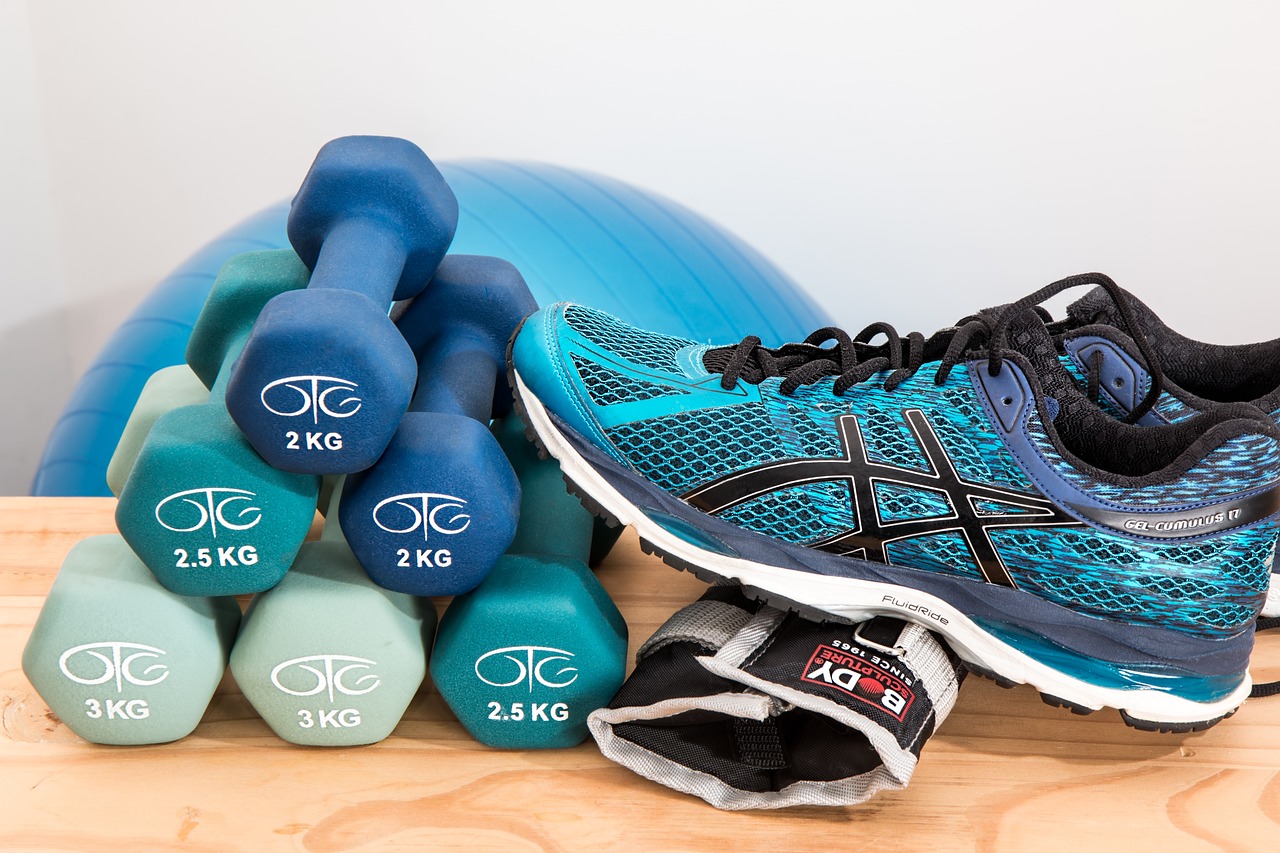Boosting Immune System: Strengthening Your Body's Defenses
Explore strategies and practices for boosting your immune system and enhancing your
body's ability to fight off infections and illnesses. Learn about the importance of nutrition, exercise,
sleep, stress management, and other factors in maintaining a strong and resilient immune system.

Nutrition for Immune Health
A balanced diet rich in vitamins, minerals, and antioxidants is essential for
supporting a healthy immune system. Incorporate immune-boosting foods such as fruits, vegetables,
whole grains, lean proteins, and healthy fats into your daily meals.
Regular Exercise and Immunity
Engaging in regular physical activity helps to strengthen the immune system by
promoting better circulation, reducing inflammation, and supporting overall health. Aim for at least
30 minutes of moderate-intensity exercise most days of the week to boost immunity.
Quality Sleep for Immune Function
Getting adequate sleep is crucial for optimal immune function and overall
health. Aim for 7-9 hours of quality sleep each night to allow your body to repair and regenerate,
supporting immune cell activity and response.
Stress Management Techniques
Chronic stress can weaken the immune system and increase susceptibility to
illness. Practice stress-reduction techniques such as deep breathing, meditation, yoga, and spending
time in nature to promote relaxation and immune resilience.
Hydration and Immune Health
Staying hydrated is essential for supporting immune function and overall
health. Drink plenty of water throughout the day to help flush toxins from the body, maintain proper
hydration levels, and support immune cell function.
Supplements for Immune Support
Certain vitamins and minerals, such as vitamin C, vitamin D, zinc, and
probiotics, can help to support immune function when taken as part of a balanced diet. Consult with
a healthcare professional before starting any new supplements.
Social Connections and Immunity
Maintaining strong social connections and a supportive social network can
positively impact immune health. Stay connected with friends and loved ones, engage in meaningful
relationships, and seek social support during times of stress or illness.
Avoidance of Harmful Substances
Limit exposure to harmful substances such as tobacco smoke, excessive alcohol,
and illicit drugs, as they can weaken the immune system and increase susceptibility to infections
and diseases. Practice moderation and seek help if needed to maintain optimal health.
Regular Health Check-ups
Schedule regular health check-ups with your healthcare provider to monitor your
overall health and address any underlying medical conditions that may affect immune function. Stay
proactive about your health to maintain optimal immunity and well-being.




